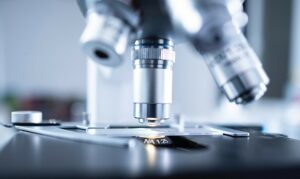
Innovation is part of E-Lyte Innovations
The development of novel cell systems is taking place at a rapid pace. Today, it has no longer been a matter of merely optimizing existing systems with regard to one key performance parameter. New approaches are constantly being tried out, which place very high demands on the individual cell components, especially the electrolyte. In most cases, new cell types and cell chemistries no longer work with state-of-the-art electrolyte solutions. Even with an incremental optimization of the electrolyte, completely new approaches quickly reach their limits. In order to be able to offer a solution for our customers in these cases as well, we conduct extensive R&D activities within the framework of highly innovative research projects. These projects focus to replace the status quo with radical electrolyte approaches. Further, they help us to understand errors and beneficial mechanisms in detail so that we can speed up our customer-specific electrolyte development process. In addition, they allow us to reduce the use of toxic electrolyte components or the CO2 footprint in the electrolyte production of upcoming formulations.
Current funding / research projects
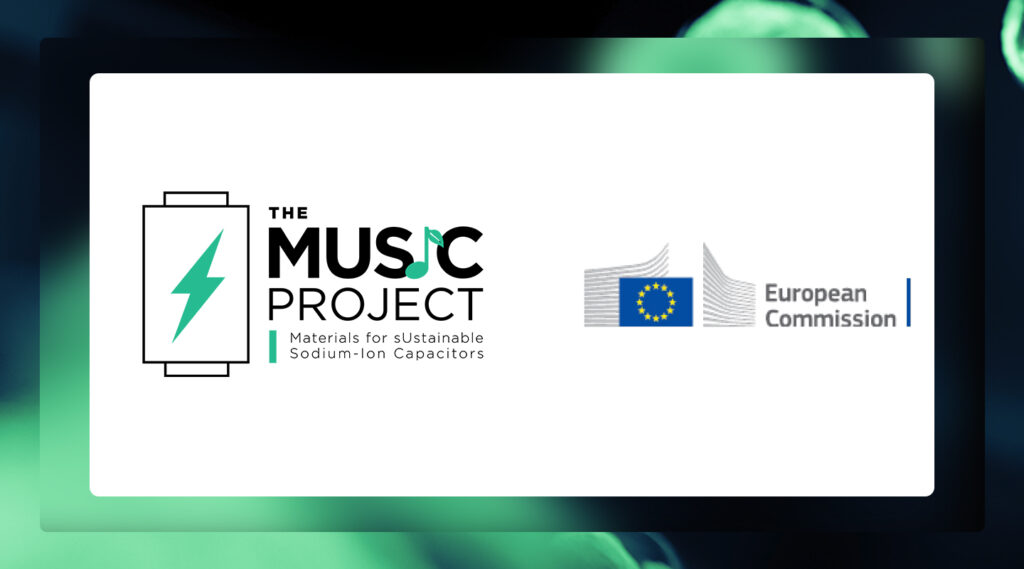
The European MUSIC project
The European MUSIC project will enable the manufacture of high-performance electrochemical storage systems based on sodium-ion capacitors through a new technology that will match the energy density of power batteries. It will also improve recharge times and limit efficiency loss, with significant sustainability considerations.
more Information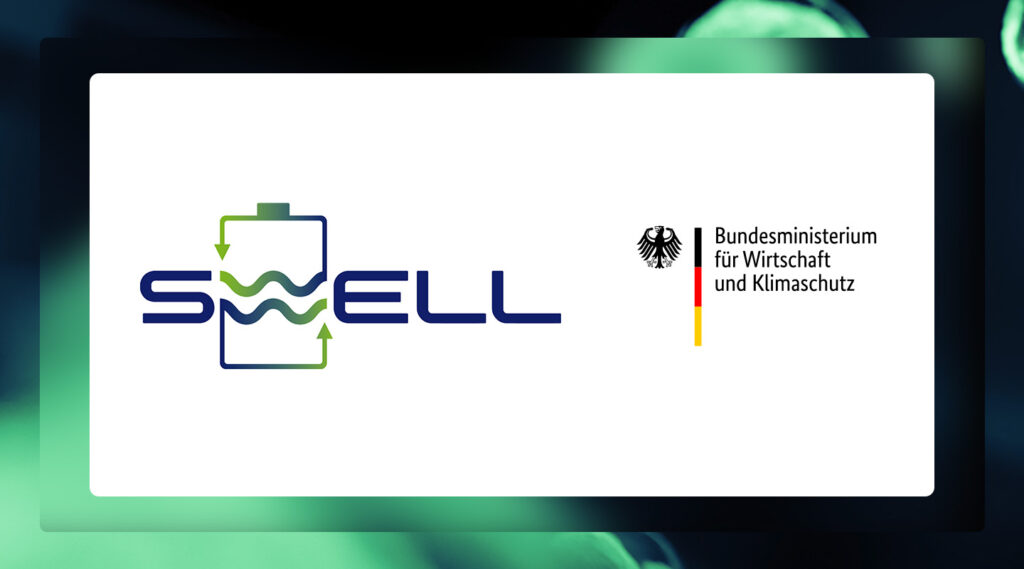
SWELL-Substance recycling of electrolyte conducting salts and solvents; Subproject: Purification and electrochemical characterization of recycled electrolyte components
The SWELL project addresses the development and evaluation of efficient processes to increase the recycling efficiency of lithium-ion batteries. The focus of the project is on electrolytes. Already established recycling processes focus mainly on the recovery of the metals contained in LIBs, whereas the non-metallic components are largely not returned to the recycling loop.
more information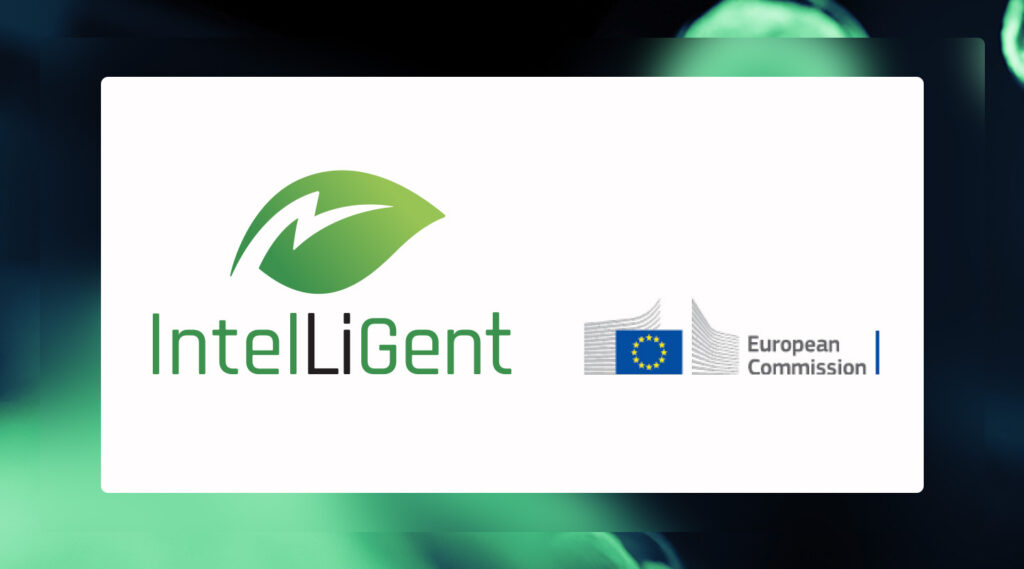
IntelLiGent – Innovative and Sustainable High Voltage Li-ion Cells for Next Generation (EV) Batteries
The IntelLiGent project answers to the need for general public acceptance of EVs, by facilitating the industrial deployment of next-generation batteries allowing for an increased driving range, fast charging capabilities, low cost and increased safety.
more information
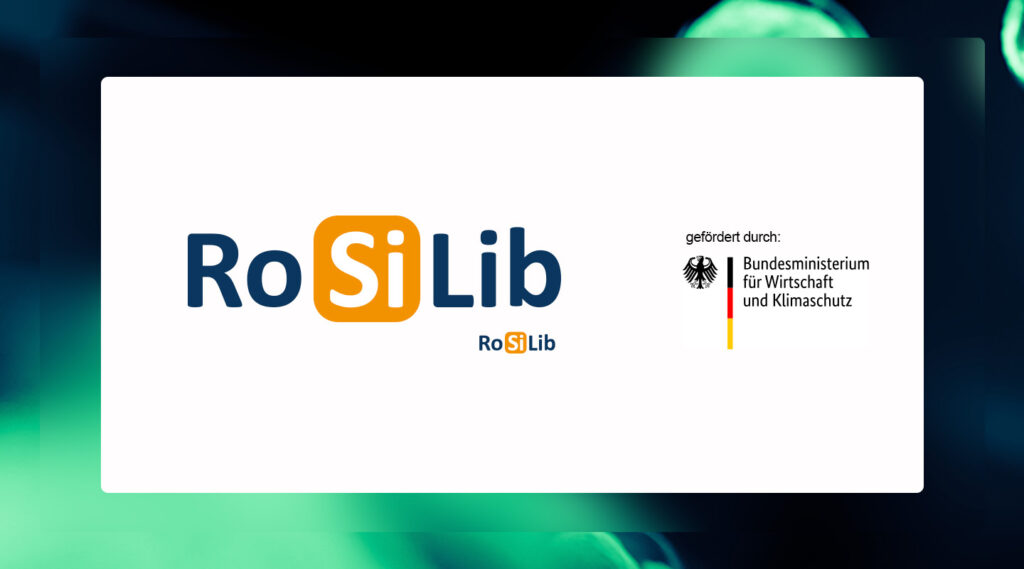
RoSiLib – nanoporous silicon by rapid solidification
The efforts towards a CO2-neutral energy supply require a change in the mobility from fossil to electrochemical energy sources. This process, which has already begun, requires further support through the improvement of lithium-ion batteries in terms of costs, raw materials and energy efficiency.
more information
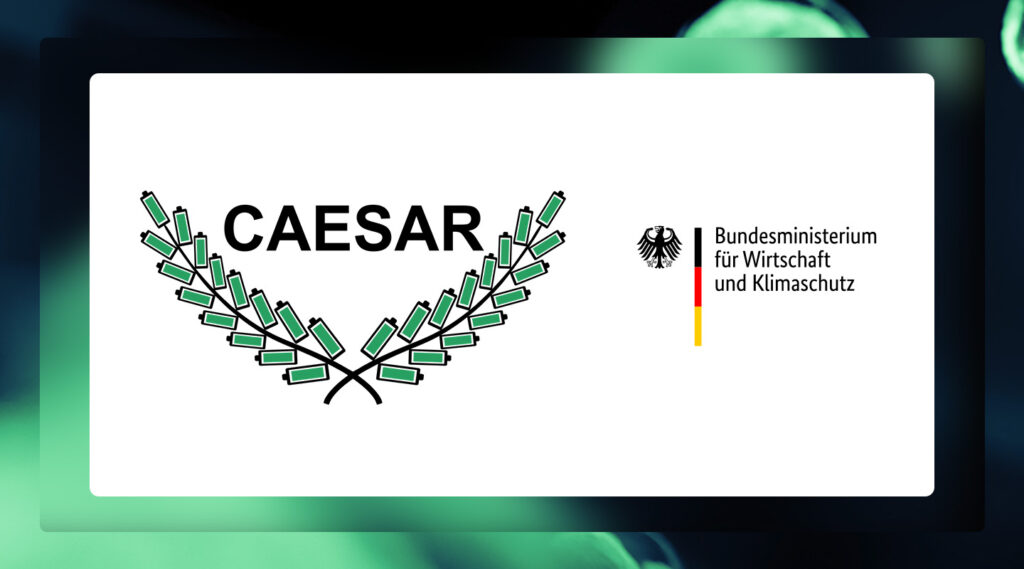
CAESAR – Development of high-energy lithium-ion battery cells for mobile applications
The main objective of the project is the development of new high-energy lithium-ion cells based on high-capacity anode and cathode materials along the entire value chain from material development to the validation of prototypes for mobile, industrial applications such as in the forestry and garden power tool segment, as well as the assessment of the application potential for stationary energy storage.
more information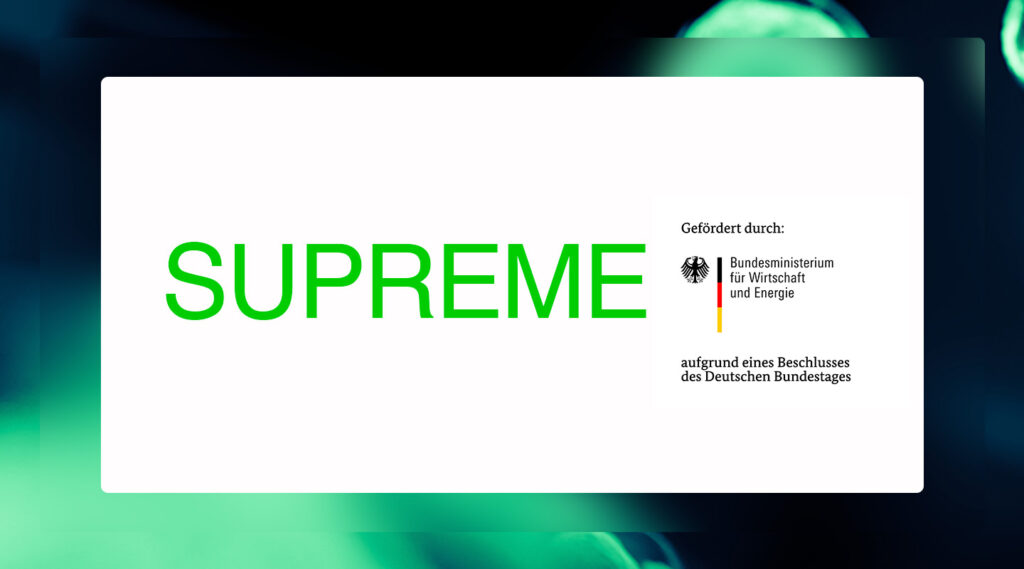
SUPREME – Supercapacitor development towards effective materials with increased energy density
The aim of the project is to develop innovative ultracapacitors (EDLCs) which enable high operating voltages of up to 3.4 V at simultaneously high temperatures (>60 °C). In the sub-project ‘Material characterization and digital methods’ of Fraunhofer IFAM, the experimental characterisation of novel materials for EDLCs and the application of computer-aided methods for material simulation and data analysis are carried out.
more informationCompleted funding / research projects
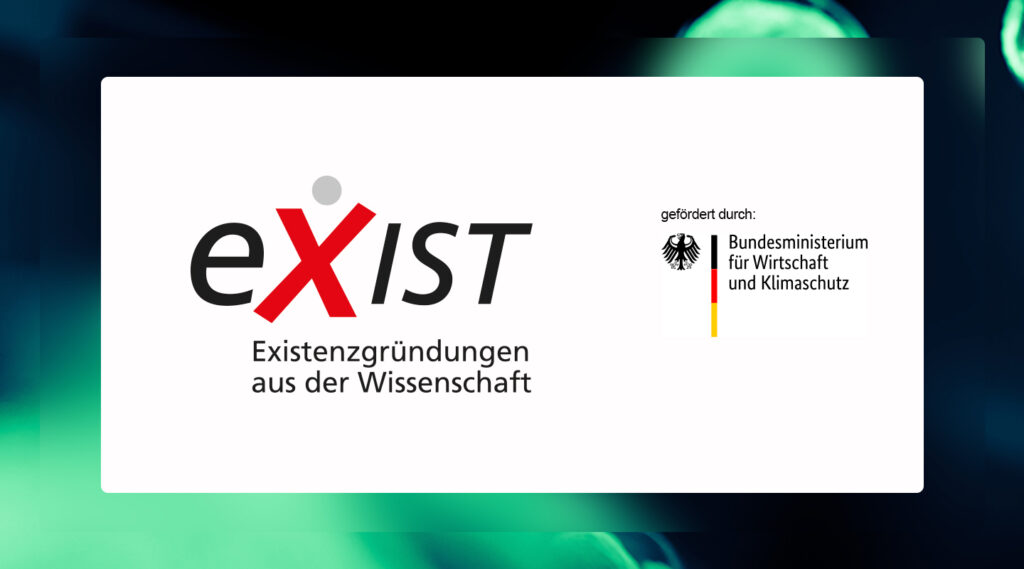
EXIST I+II – Research Transfer
After successful completion of the first funding phase of EXIST I Research Transfer, follow-up funding is now being provided within the framework of EXIST II. In the second funding phase, the focus is on further development work, the start of business operations and preparations for external corporate financing.
more information